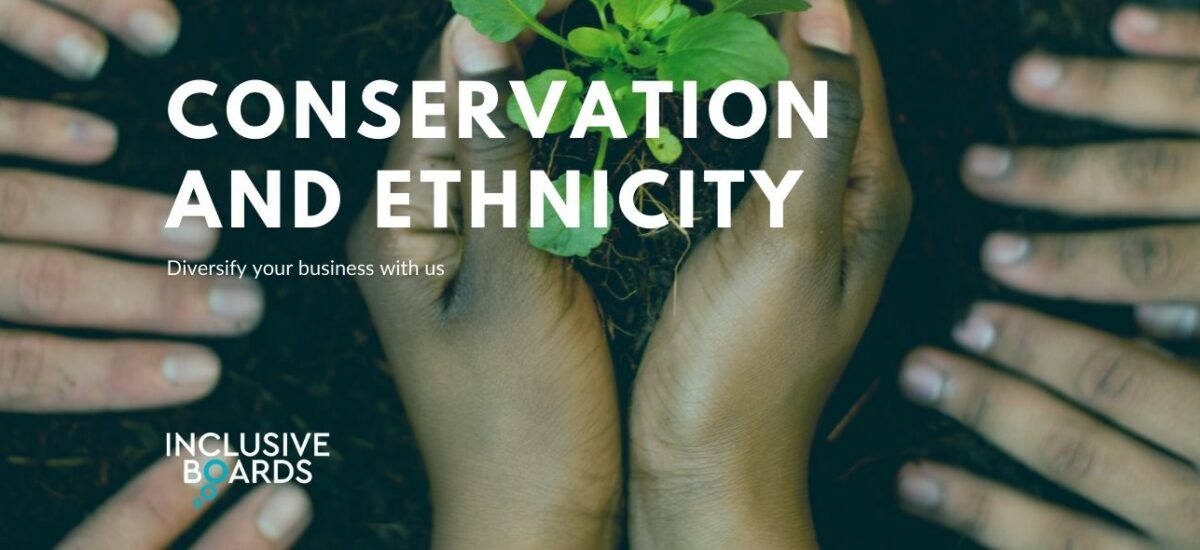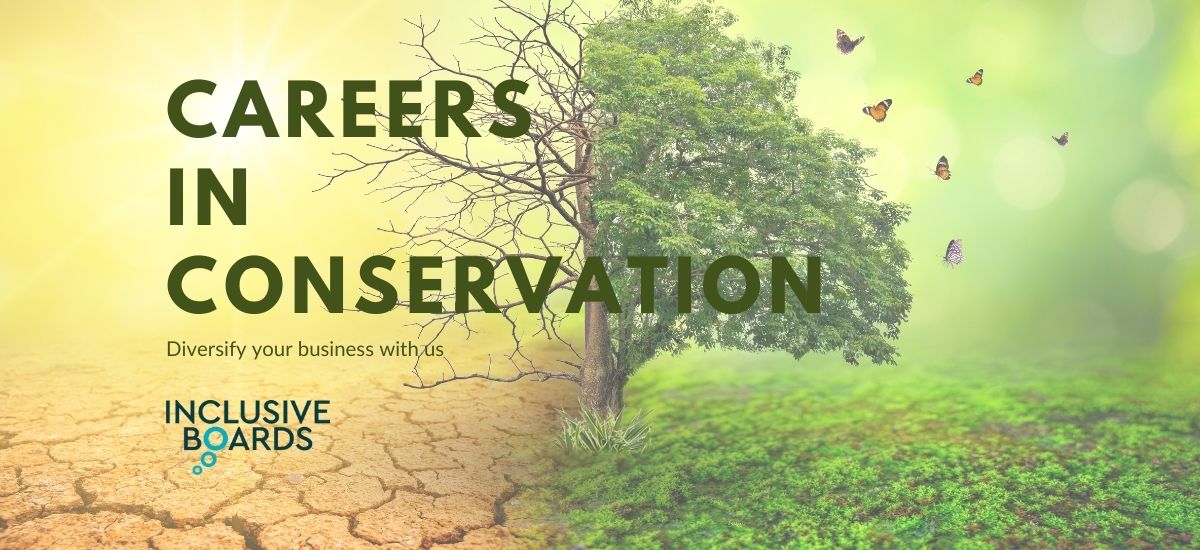While researching for these articles, it has been made abundantly clear that the environment/conservation sector is at its weakest in terms of ethnic diversity. The RACE Report was established to highlight the lack of ethnic diversity in conservation and encourage greater representation. The 2022 iteration found that out of the 91 organisations to take part, only 7% of their workforce belongs to ethnically diverse groups. The 2023 report, due for publication in December, will hopefully indicate signs of improvement.
According to research by Full Colour, 84% of environmental organisations believe that action needs to be taken, but only 4% are actively making efforts to improve ethnic diversity rates; implying a lack of certainty in knowing how to proceed. It was also revealed that all ethnically diverse individuals who took part believe overt or covert racism and unconscious bias exists within the sector. This research was commissioned by Wildlife and Countryside Link (WCL), a coalition of 65 environmental charities. The group has urged that a collective effort is much needed to introduce unconscious bias training, in-depth research on racism, and programmes which would aim to increase the rate of ethnically diverse individuals gaining senior roles across the sector. “Too many people feel excluded from nature and too many people still feel excluded from the nature sector.” Dr Richard Benwell, WCL’s chief executive, said.
Prominent ornithologist and human rights activist, Mya-Rose Craig insists upon change within the sector, and in her article that looks at how colonialism in conservation nature is the cause of institutionalised racism asserts, “NCMES (Nature Conservation & Media and Environmental Sectors) have failed to engage VME (Visible Minority Ethnic) people and are unable to connect because their staff cannot relate to, understand, target or include them. They must reach out and connect with communities in their own spaces and places. Inequality of engagement creates inequality of opportunity and an unequal planet cannot be a sustainable one. NCMES must not be given credibility, funding or support if they are not prepared to become diverse.”
In 2020, The University of Cambridge Conservations Research Institute released a Black Lives Matter Statement, opening up their commitment with: “We, the University of Cambridge Conservation Research Institute, stand against racial discrimination and support Black Lives Matter. There can be no place for racism and social injustice in our society. As conservationists we work to protect nature and the environment, humanitarian issues are absolutely part of this.” The statement detailed actions to be undertaken by the Institute to address racism within the sector and its surrounding field of education. Recent statistics from Global Action Plan show that only 9% of environmental academics come from Black, Asian or other minority ethnic roots, visualising that access to education and conservation is far from sufficient.
Media representation is crucial; positive highlighting of culture, career opportunity and social environments enables validation of individuals and allows for future diversity in all sectors, not just conservation. Gillian Burke, Kenyan-British presenter of BBC Springwatch is one of the only household names; the industry’s struggles with racial diversity is certainly reflected in this aspect. Other notable conservationists include Beijing-born Li Quan, well-known for introducing the process of rewilding tigers in captivity, whilst Leela Hazzah is an Egyptian conservation biologist who works in Kenya and Tanzania with Lion Guardians, mitigating conflict between people and lions.
Closer to home, Nature for Everyone is a campaign which calls on the UK government to provide easier access to green spaces. According to the WCL, one in three households in England aren’t located near such spaces, with those from ethnic minority groups being twice as likely to live in nature-poor areas. Sufficient funding and resources from the government would allow local authorities to implement a significant transformation in urban environments. Aside from the benefits to wellbeing, being able to engage with green spaces is more likely to inspire individuals to join the conservation sector. A petition is available to sign and share here. Additionally, a route map recently commissioned by the WCL will guide the delivery of key actions between 2023 and 2027. 42 organisations are currently involved including Butterfly Conservation, The Wildlife Trusts and Natural England.
By Emily Midwinter
Inclusive Boards recognises the efforts being made to diversify the sector. We are passionate about supporting organisations to achieve diversity and inclusion at the senior leadership and board level, and have extensive experience of working within the conservation sector, assisting organisations such as The Conservation Volunteers and The Royal Horticultural Society. If you would like an introductory meeting to discuss how we can help you to achieve your EDI outcomes, we would be delighted to hear from you. We offer a range of services including advisory, EDI training, leadership development and executive search.




